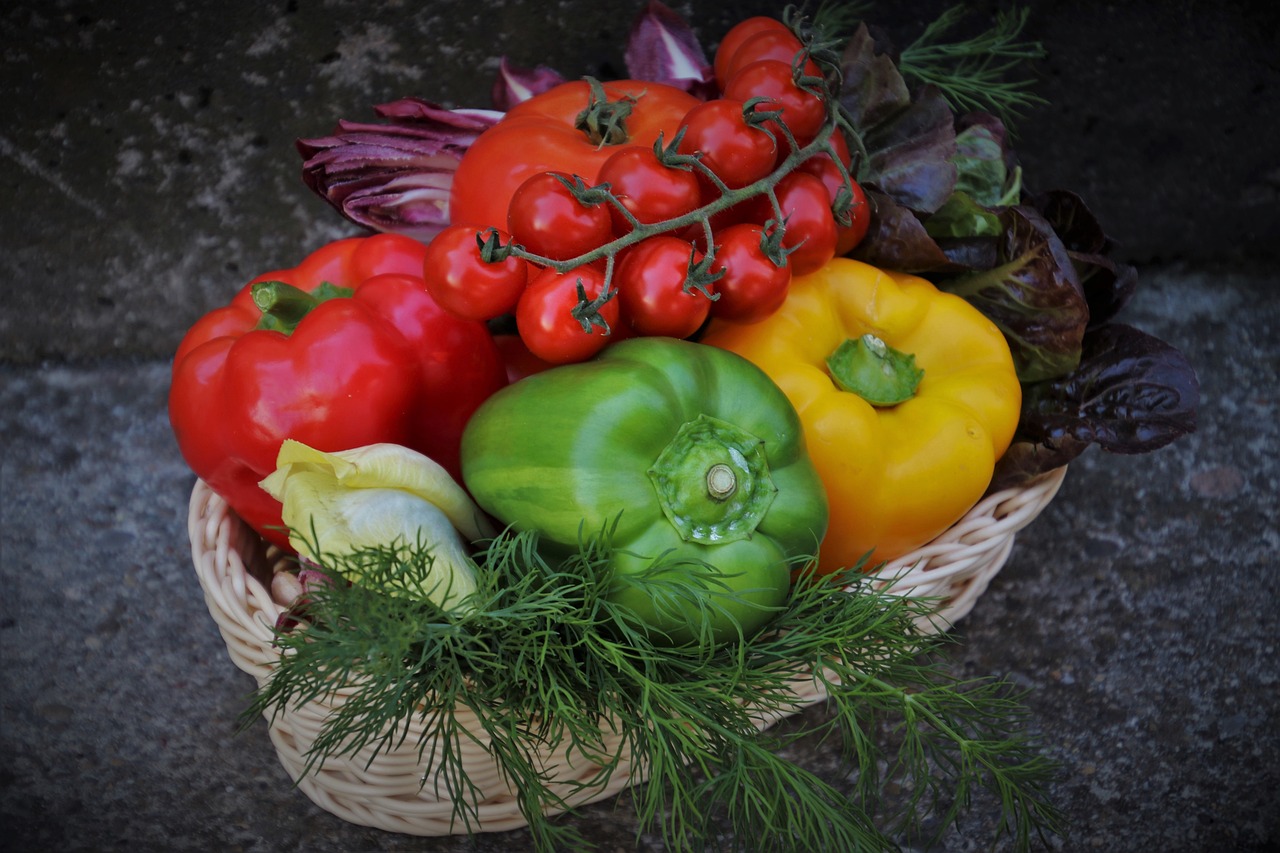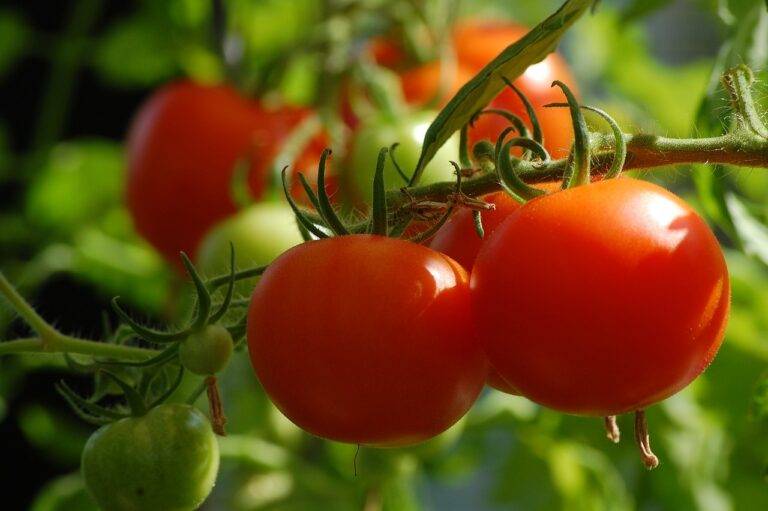The Role of Farmers in Sustainable Agriculture
Farmers encounter various hurdles when trying to adopt sustainable practices on their land. One of the key challenges is the initial investment required to transition from conventional farming methods to sustainable ones. This includes purchasing new equipment, implementing new irrigation systems, and investing in organic fertilizers, all of which can be costly and daunting for farmers operating on tight budgets.
Moreover, lack of knowledge and access to information about sustainable farming techniques can hinder farmers from fully embracing these practices. With the rapidly evolving field of agriculture, staying updated on the latest sustainable methods can be overwhelming for many farmers, especially those in rural or remote areas with limited resources. Without proper guidance and support, farmers may struggle to implement sustainable practices effectively and efficiently on their farms.
Benefits of Sustainable Agriculture for Farmers
Sustainable agriculture offers numerous advantages to farmers. One key benefit is increased soil health and fertility through practices such as crop rotation and cover cropping. This can lead to higher crop yields and reduced dependency on synthetic fertilizers, ultimately contributing to long-term profitability and environmental sustainability.
Additionally, implementing sustainable farming methods can help farmers mitigate the risks associated with climate change. For example, diversifying crops and utilizing water-saving techniques can make farms more resilient to extreme weather events like droughts or floods. By promoting biodiversity and natural resource conservation, sustainable agriculture not only benefits the immediate farming community but also ensures the well-being of future generations.
Innovations and Technologies for Sustainable Farming
In the realm of sustainable farming, advancements in technology have been a game-changer for farmers looking to adopt eco-friendly practices. Precision agriculture techniques, such as GPS-guided tractors and drones, allow farmers to optimize their resources, reduce waste, and minimize the use of chemicals. By utilizing sensors and data analytics, farmers can make informed decisions that promote sustainable land management and increase overall efficiency in crop production.
Furthermore, the integration of renewable energy sources on farms, like solar panels and wind turbines, has significantly reduced farmers’ reliance on fossil fuels and lowered their carbon footprint. These sustainable energy solutions not only help farmers cut down on operating costs but also contribute to a cleaner environment. In addition, innovative irrigation systems, such as drip irrigation and rainwater harvesting techniques, have enabled farmers to conserve water resources and mitigate the impact of droughts on their crops.





